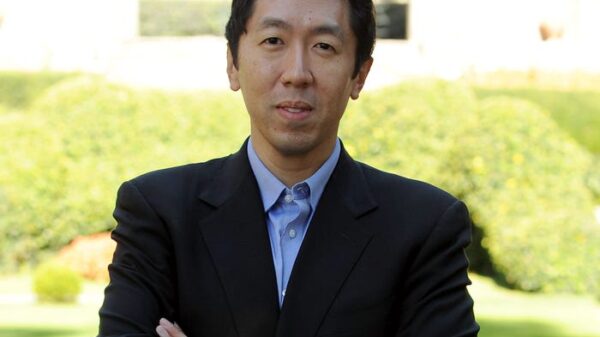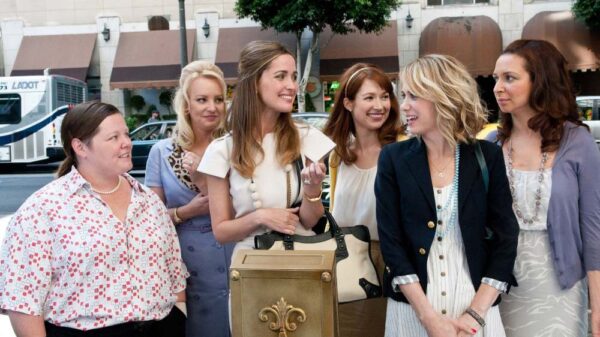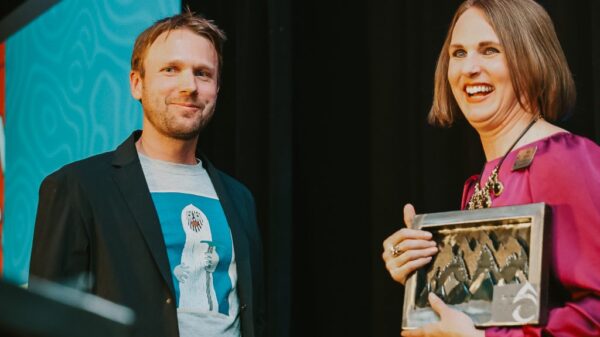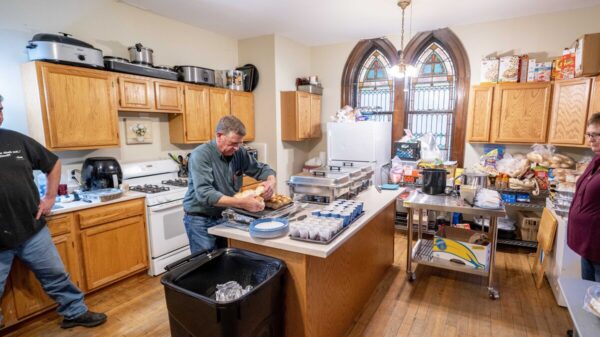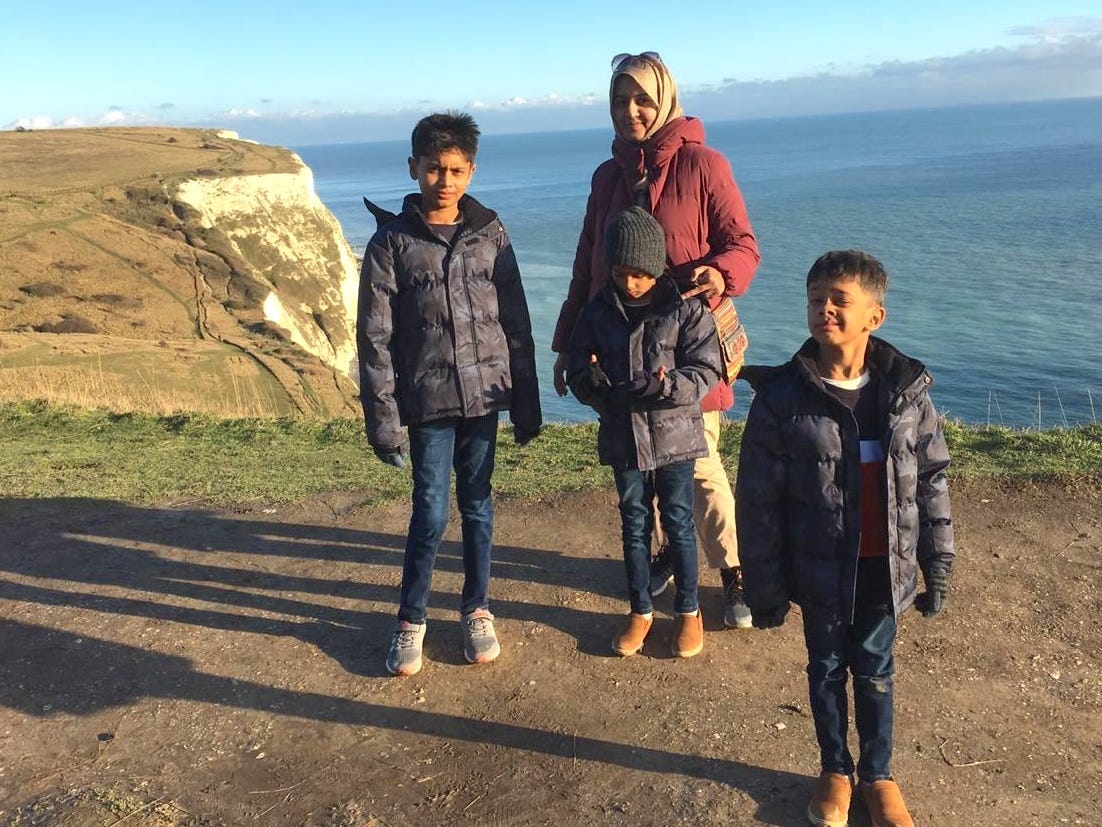UPDATE: A working mother in Pakistan is challenging traditional gender roles within her family, revealing an urgent need for change in household dynamics. Neelma Faraz, a mother of three boys, has taken a stand against outdated expectations held by her in-laws, demonstrating the impact of generational differences on modern parenting.
After marrying and moving in with her husband’s parents, Faraz quickly faced the reality of old-school beliefs regarding gender roles. Her in-laws, adhering to traditional views, expected that a woman’s primary responsibilities lie at home, leaving little room for personal ambition or career aspirations. Despite initial reluctance, Faraz began to recognize that these attitudes posed a significant challenge to her values and her children’s upbringing.
As a mother, Faraz felt compelled to instill a sense of responsibility and equality in her sons. A pivotal moment came when one of her children accidentally spilled juice on the floor. When she handed him a mop, her mother-in-law’s disapproving gaze underscored the generational divide. Faraz’s insistence on teaching her sons to perform household chores, regardless of gender, sparked tension but also a necessary conversation about equality.
“I want my sons to grow up understanding that respect goes both ways. That chores aren’t ‘women’s work,’” Faraz stated, emphasizing her commitment to breaking the cycle.
Faraz’s determination to balance work and family life has not come without its struggles. While her husband supports her choices, he often finds himself caught between his traditional upbringing and the values his wife champions. The subtle disapproval from her in-laws has made standing her ground increasingly challenging, yet Faraz remains resolute.
With their 18th anniversary approaching, Faraz reflects on the progress made in her household. Today, her sons willingly help with household tasks, demonstrating a new understanding of shared responsibilities. They no longer view their mother’s ambitions as a threat to family dynamics but as an integral part of their lives.
In a notable shift, her sons have even begun to show kindness and empathy, with one bringing tea to both his mother and grandmother. This transformation highlights the impact of Faraz’s parenting approach and signals a shift in generational perspectives on gender roles.
Faraz’s story resonates with many families worldwide, as it underscores the importance of evolving traditions to match contemporary values. Her journey is a testament to the notion that tradition and change can coexist when individuals stand up for what matters. As families across the globe navigate similar challenges, Faraz’s experience serves as a powerful reminder of the need for respect and resolve in the face of generational differences.
As discussions surrounding gender equality intensify, Neelma Faraz’s commitment to redefining roles within her family calls for urgent attention. Her story is not just about personal growth but also about shaping a future where children learn to respect and support one another, regardless of gender.


























